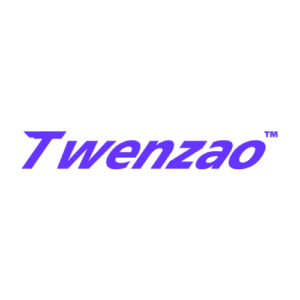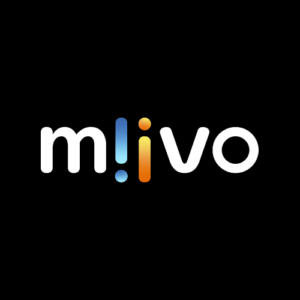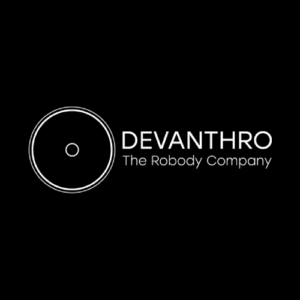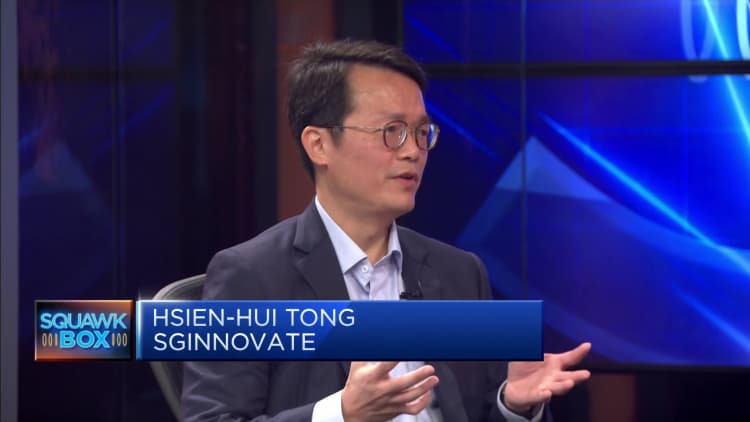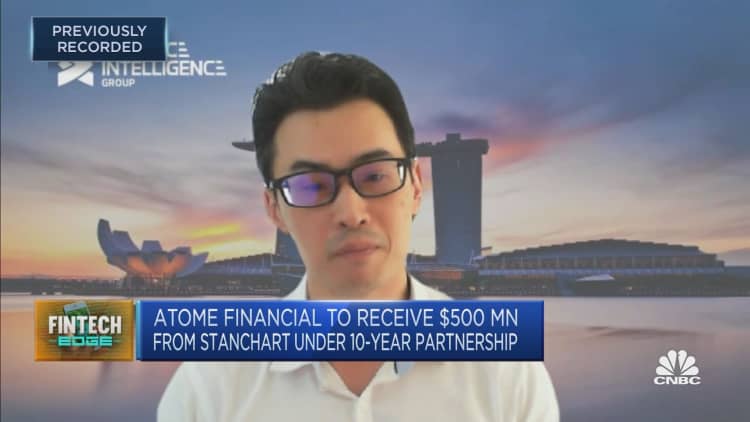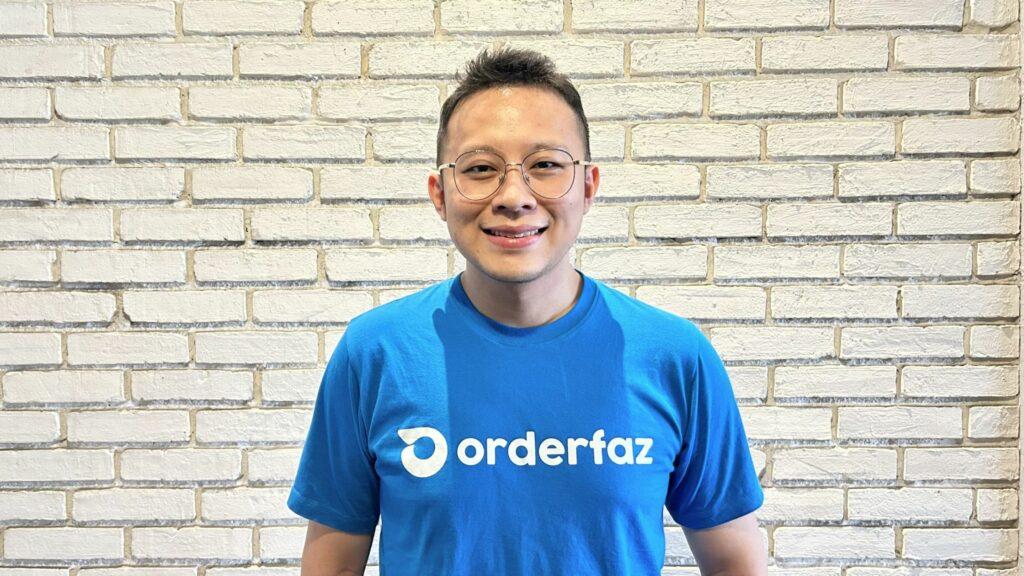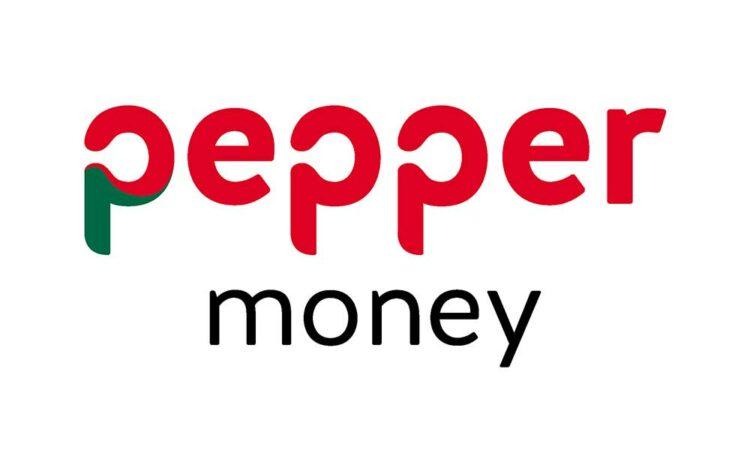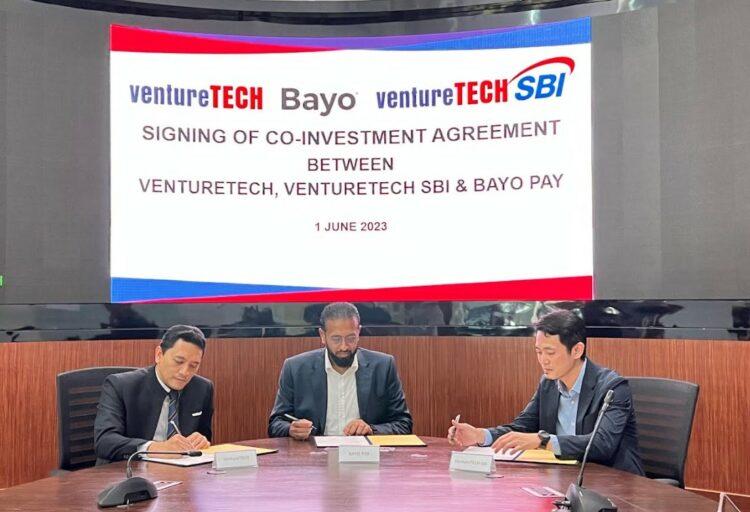1
Venture Capital / BD startups: The Good, the Bad, the Ugly
« on: July 01, 2024, 05:39:26 PM »BD startups: The Good, the Bad, the Ugly
In recent years, Bangladesh has emerged as a vibrant hub for startups, driven by rapid economic growth, a young and tech-savvy population, and improvements in digital infrastructure. Instead of opening another convenience store like 7/11, Chaldal, an online grocery delivery service, emerged.
Instead of another traditional healthcare provider like Medinova, Praava Health, a personalized healthcare provider, was established. Instead of another coaching center like MAABs, the innovative online educational platform 10 Minute School took shape. These startups represent cost-effective, scalable solutions suitable for the next few decades.
THE GOOD: The government has recognized the pivotal role of startups in economic growth and has implemented policies to foster innovation and entrepreneurship. The "Digital Bangladesh" initiative and the ICT Innovation Fund create a fertile ground for the next generation of entrepreneurs. The rapid expansion of digital connectivity, with smartphone penetration reaching 40% in 2020 and internet users surpassing 100 million, has created a vast market for digital services.

Notable startups like Pathao, an on-demand ride-sharing and logistics company, and ShopUp, a B2B commerce platform for small businesses, are transforming Bangladesh's economic landscape. These startups, along with others like bKash, a mobile financial service provider, and Ifarmer, an agritech startup, showcase the potential of Bangladeshi innovation.
THE BAD: Despite the positive momentum, Bangladeshi startups face significant hurdles in attracting investments. One critical barrier is the lack of venture capital and angel investment networks.
According to the World Bank, only 33% of startups in Bangladesh have access to formal financing, compared to 52% in India. Many promising startups have struggled to secure sufficient funding to scale their businesses.
Banks' conservative lending practices also limit financial avenues for startups. A survey by the Bangladesh Bank reveals that traditional banks view startups as high-risk ventures, resulting in stringent loan conditions. Praava Health has faced difficulties in securing loans to scale its operations.
Another major challenge is the lack of experienced mentors and advisors. Establishing mentorship programs and connecting startups with industry veterans can help bridge this gap. Ifarmer has benefited from informal mentorship but would greatly benefit from a structured program.
THE UGLY: Regulatory frameworks in Bangladesh often hinder foreign investment. The World Bank's Ease of Doing Business index ranks Bangladesh at 168th out of 190 countries. Complicated procedures and bureaucratic red tape deter many foreign investors. The lack of laws for setting up a company for foreign investment in offshore locations like Singapore or Dubai complicates international expansion for startups like Pathao. Foreign investors are not interested mainly because of the need for an exit route. It's not just tricky to invest in Bangladesh; it's also tougher to make an exit.
The perception of high risk associated with investing in Bangladeshi startups deters potential investors. To mitigate these concerns, the government and private sector must enhance transparency and ensure political stability. Bkash and ShopUp have gained some investor confidence, but broader sector support is necessary.
THE FUTURE: Despite these challenges, the future of Bangladesh's startup ecosystem looks promising. With ongoing government support, continued investments in digital infrastructure, and a growing pool of skilled professionals, Bangladesh is well-positioned to become a prominent startup hub in Asia.
Looking at examples from around the world, we can draw parallels and gain inspiration. In India, Flipkart began as an online bookstore and grew into a massive e-commerce platform. Similarly, Gojek in Indonesia started as a ride-hailing service and expanded into a super app offering a multitude of services. Can ShopUp be the example from Bangladesh that follows a similar trajectory?
The growth of these startups not only contributes to the economy but also catalyzes broader societal changes. For instance, bKash has improved financial inclusion by providing banking services to the unbanked population. ShopUp integrates logistics, banking, and inventory management for small businesses, enabling over 500,000 SMEs to streamline operations. Ifarmer connects farmers with investors and markets, enhancing agricultural productivity and profitability.
Bangladesh stands on the cusp of a startup revolution. With the right mix of government support, private investment, and educational reforms, the country can harness its youthful energy and innovative spirit to become a global example of startup success. For investors who missed the train in India or Indonesia, Bangladesh is the next big thing that they need to hop on right now. In 10 years, it will become huge. Investors looking for the next big opportunity should keep an eye on Bangladesh as it transforms into one of the largest startup hubs in Asia.
# Seyed Mosayeb Alam serves as Chief of Staff at ShopUp, Bangladesh.
Reference: https://today.thefinancialexpress.com.bd/views-reviews/bd-startups-the-good-the-bad-the-ugly-1719759691










